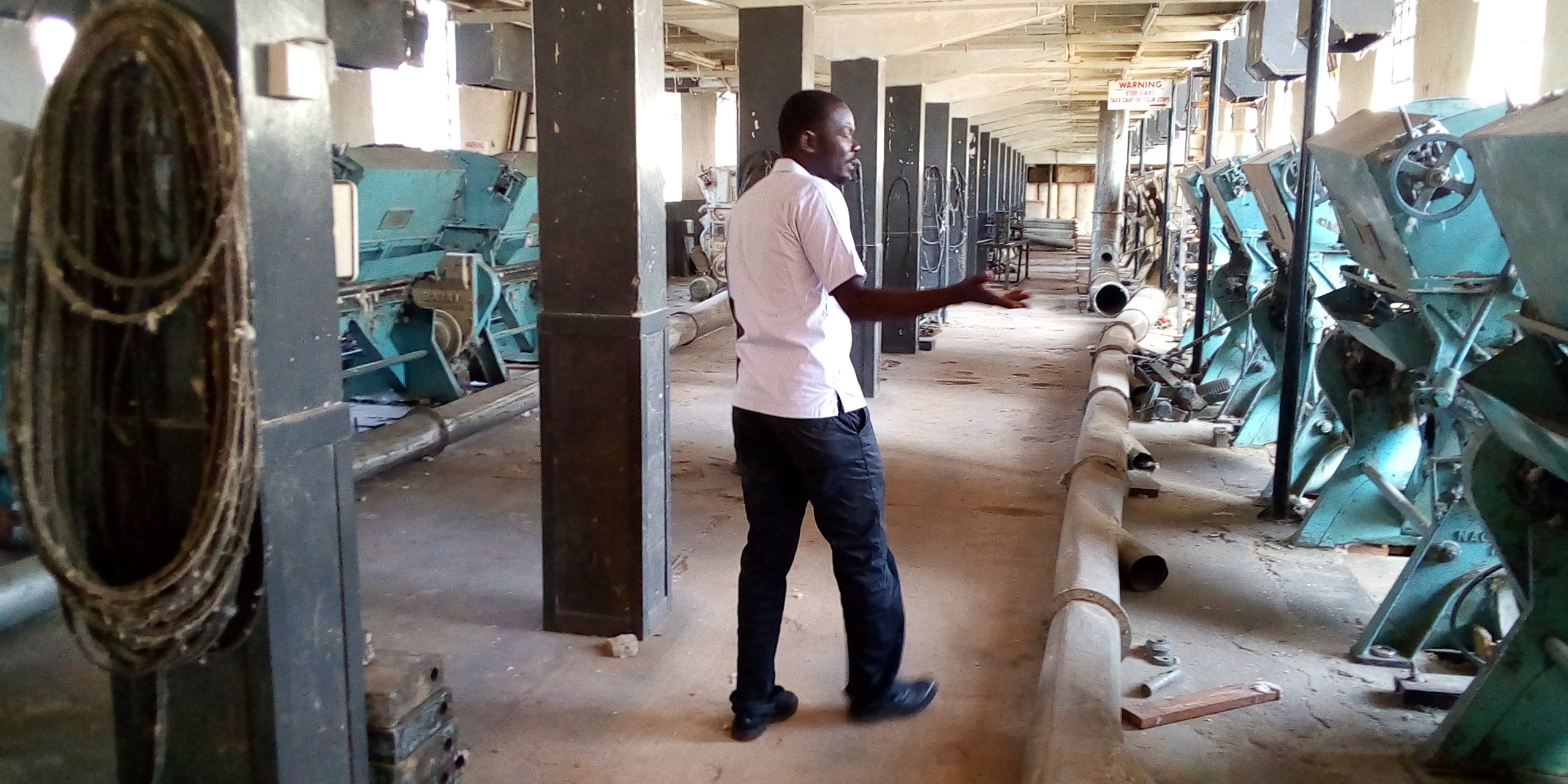Efforts to revive cooperative societies in West Acoli districts are being hampered by a number of institutional and attitude challenges, according to an official from West Acholi Cooperative Union Limited, WACU.
WACU is an umbrella cooperative union formed in the 1960s as a ranch. However, its activities were halted following a number of wars in the region that led to loss of over 1000 animals on then Lebngec ranch.
Following the end of the Lord’s Resistance Army (LRA) war, and the return to their homes of persons who had been displaced by the war, WACO resumed activities in 2014, but changed focus to cash- and food-crop production.
With the creation of new districts in Uganda, WACU now oversees the activities of cooperatives in four districts in the Acoli sub-region, namely; Gulu, Amuru, Nwoya and Omoro.
In 2014 it registered 14 of the 96 cooperative societies in the four districts. This number has risen steadily since.
“We now have 60 registered cooperative societies with 9300 active members in West Acoli,” said Bob Ogen Alberto, the Manager of WACU.
The groups are majorly engaged in cotton farming, soya beans and sorghum, which they sell to WACU.
Despite the steady revival of cooperatives, Ogen says they are facing challenges.
Challenges
According to Ogen, WACU is constrained in terms of field extension staff needed to offer services to farmers in the four districts.
“There are only four extension workers who traverse all the four districts, implying that each worker covers an entire district alone, offering services that include training farmers and distributing seeds at sub subsidized rates,” he revealed.
Ogen says last year, sorghum farmers were most affected by shortage of extension workers, as many demanded for seeds following its attractive price per kilogram, but could not all be given the seeds.
“This variety of sorghum cannot be easily got on the open market. We link up a brewery company and we buy and bring the sorghum for distribution to farmers.
However, we could not even distribute to half of the farmers who wanted seeds. Those who are able ride on bicycles came up to Gulu to get it, but those who were unable had to change their plans. Every time the farmers’ demands keep increasing and we can’t meet their expectations,” he said.
Ogen says the problem persists because they still do not have enough money to hire more field extension staff.
Another great concern is that half of the 9300 members of the cooperatives are women, 7300 are old people and only 2000 in all the four districts are youth. These categories of the farmers are in most cases unable to access production means such as seeds or even to open large chunks of land.
“Opening of land is labour intensive, especially when it has tree stumps. This is not simple for women and the elderly, but young men can manoeuvre.”
He says keeping young people in cooperative societies is not easy, because they want quick money as opposed to farming that requires a longer period until pay out.
To entice the youth to join the cooperative societies, the managers of WACU introduced short-term crops such as sorghum which takes 90 days to mature.
As WACU tries to bring the men into cooperative societies, there have been increased cases of domestic violence, especially during the time for selling farm produce.
Ogen cites an incident where a couple planted cotton and raised Shs 1.6m after selling the produce, only for the man to disappear with the money and return after two weeks with only Shs 50, 000. The woman vowed never to plant cotton again.
“If you go to any field at the beginning of and in the middle of the season, you find mostly the women and children planting or weeding. But during harvesting and selling, you see men coming closer because they know the money is near,” he said.
“This affects production in subsequent seasons, because the aggrieved party will stop taking part in farming, and we lose indirectly if such cases are not addressed through awareness campaigns.”
In response the Union is engaged in gender sensitization among the community to encourage couples to do farming together, right from planting, to weeding, harvesting and selling the harvests.
David Livingstone Amone, the Production and Engineering Minister at Acoli Cultural Institution, agrees that the effort to revamp cooperatives in the region faces major challenges.
Amone cites the widespread poverty in the region as the biggest challenge in reviving cooperatives in Acoli.
“People like things that satisfy their needs quickly. They want to get money now and eat it now,” Amone said.
